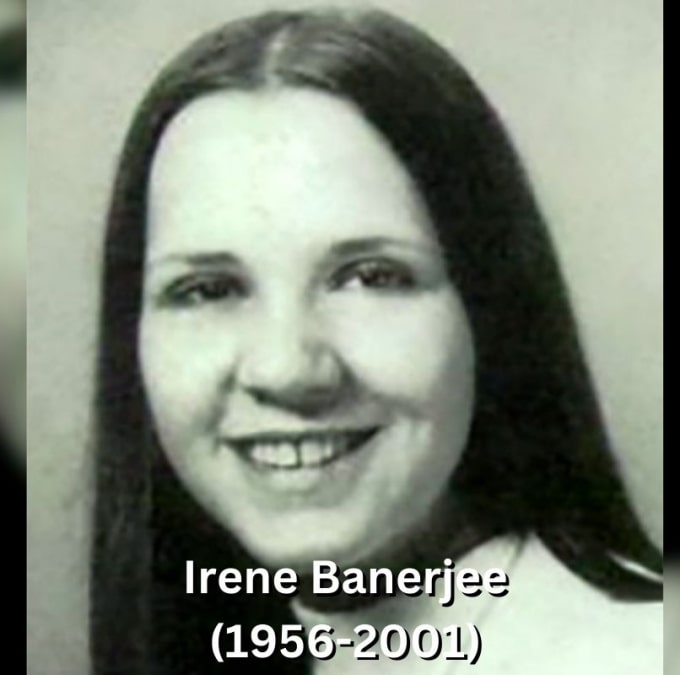Roman Aloys Bohnen's life story is a testament to the power of passion and resilience. As an actor who navigated both the stage and screen realms, Bohnen's contributions to the arts are enduring, even though his life was cut short. This article delves into the life, career, and legacy of Roman Bohnen, offering an in-depth exploration of the man behind some of the most unforgettable performances in American theatre and cinema.
Quick Facts
| Field | Details |
|---|---|
| Full Name | Roman Aloys Bohnen |
| Known As | Roman Bohnen |
| Profession | Actor |
| Date of Birth | November 24, 1901 |
| Birthplace | St. Paul, Minnesota, USA |
| Nationality | American |
| Parents | Karl Bohnen |
| Spouse | Hildur Bohnen (m. 1930–1941) |
| Children | Marina Bohnen |
| Date of Death | February 24, 1949 |
| Burial Site | Holy Cross Catholic Cemetery & Mortuary, Ladera Heights, California |
The Early Years
Roman Bohnen's initial years laid the groundwork for his future acting career. Born and raised in St. Paul, Minnesota, he was nurtured in an environment that encouraged his emerging talent.
Birth and Family Background
Born on November 24, 1901, in St. Paul, Minnesota, Roman Aloys Bohnen was heavily influenced by his father, Karl Bohnen. Karl instilled values that later shaped Roman's career. The Bohnen family was renowned for their strong work ethic and dedication to education—qualities that Roman embodied throughout his life.
Academic Journey and Early Interests
Despite initially pursuing studies unrelated to acting at the University of Minnesota, Bohnen's passion for the performing arts soon became apparent. He started participating in university theater productions, refining his skills and cultivating a deep affection for acting. This period marked the turning point when Bohnen decided to transform his passion into his profession.
Career Milestones
Roman Bohnen's career was studded with noteworthy performances on both stage and screen. His journey from theatre to Hollywood was marked by significant landmarks that showcased his versatility as an actor.
Theatrical Beginnings
Bohnen's professional acting career took off on stage, where he rapidly made a name for himself. His Broadway debut in 1931 was the commencement of a series of successful performances.
Broadway Debut
Bohnen's first appearance on Broadway in 1931 had audiences spellbound. His ability to express deep emotion and animate complex characters earned him critical acclaim. This success on Broadway paved the way for more substantial roles and collaborations with eminent figures in the theater world.
The Group Theatre Era
Bohnen's affiliation with the Group Theatre, a ground-breaking collective of actors, directors, and playwrights, was a pivotal period in his career. The Group Theatre was renowned for its realistic and socially relevant productions, an environment in which Bohnen flourished.
- Collaboration with Clifford Odets: Bohnen played significant roles in works by Clifford Odets, a leading playwright of the time. His performances in plays like Awake and Sing! and Golden Boy were particularly remarkable, earning him widespread acclaim.
Transition to Film
In the early 1940s, Bohnen transitioned to film, bringing his theatrical expertise to the big screen. His performances in several classic films left an indelible imprint on Hollywood.
Memorable Film Roles
Bohnen's film career was characterized by a series of unforgettable roles that showcased his range as an actor.
Of Mice and Men (1939): In this adaptation of John Steinbeck's novel, Bohnen portrayed Candy, a role that emphasized his ability to express vulnerability and strength. His performance was applauded by critics and audiences alike.
The Song of Bernadette (1943): Bohnen's depiction of Dr. Dozous in this acclaimed film further solidified his reputation as a versatile actor. The film's success added to his growing popularity in Hollywood.
The Best Years of Our Lives (1946): Bohnen's role as Pat Derry in this classic film about World War II veterans returning home was one of his most significant performances. The film won several Academy Awards and remains a cherished piece of American cinema.
Personal Life
Roman Bohnen's personal life was a mix of joy and tragedy. His relationships and experiences outside of acting played a vital role in shaping the man he became.
Marriage and Family
In 1930, Bohnen married Hildur Ouse, and they welcomed a daughter, Marina, in 1936. Hildur's support was instrumental in Bohnen's career, and their family life was characterized by love and mutual respect.
Tragedy and Resilience
Bohnen faced a heartbreaking loss when Hildur passed away in 1941. This tragedy profoundly affected him, but he remained resilient, focusing on his career and raising Marina as a single parent.
Political Involvement
Bohnen was also recognized for his political activism, particularly his involvement with the Actors' Laboratory Theatre, an organization committed to addressing social and political issues through the arts.
Subpoena and Controversy
In February 1948, Bohnen was subpoenaed to appear before a California Senate committee investigating alleged communist influences in Hollywood. This period of political unrest added stress to his already demanding life.
Major Achievements
Roman Bohnen's contributions to theatre and film were substantial, and his achievements continue to be remembered and celebrated.
Awards and Recognition
While Bohnen did not receive major awards during his lifetime, his performances were consistently lauded by critics and peers. His work in both theater and film left a lasting legacy.
Legacy in Theater and Film
Bohnen's influence goes beyond his performances. He mentored many young actors and was a respected figure in the acting community. His commitment to his craft and ability to bring depth and authenticity to his roles continue to inspire actors today.
Financial Insights
Understanding Roman Bohnen's financial situation offers a fuller picture of his life and career. While specific figures from his era are hard to pinpoint, we can analyze his financial success based on his career trajectory and the economic context of his time.
Earnings from Theater and Film
Bohnen's earnings varied throughout his career. During his time with the Group Theatre, actors were known for their dedication to art over financial gain. However, his transition to Hollywood likely increased his income, as film roles typically offered higher pay than theatre.
Financial Challenges
Despite his success, Bohnen faced financial challenges, particularly after his wife's death. Raising a child as a single parent and dealing with health issues, including a heart ailment, imposed financial strain. His involvement in politically charged activities may have also impacted his career opportunities and earnings.
Net Worth and Legacy
While precise figures are unavailable, it's clear that Bohnen's legacy is not measured by wealth but by his contributions to the arts. His work continues to be celebrated, and his influence on future generations of actors remains priceless.
Conclusion and FAQ
Roman Bohnen's life was a blend of artistic brilliance and personal resilience. His contributions to theatre and film are a testament to his talent and dedication. As we remember his achievements, we also acknowledge the challenges he faced and the legacy he left behind.
FAQ
1. What were Roman Bohnen's most notable roles?
Roman Bohnen is best known for his roles in Of Mice and Men (1939), The Song of Bernadette (1943), and The Best Years of Our Lives (1946).
2. How did Roman Bohnen's personal life influence his career?
Bohnen's personal life, including the support of his wife Hildur and the challenges of single parenthood after her death, significantly influenced his career. His resilience and dedication to his craft were evident throughout his life.
3. What was Roman Bohnen's involvement in political activities?
Bohnen was involved in the Actors' Laboratory Theatre, which addressed social and political issues through the arts. He was subpoenaed to appear before a California Senate committee in 1948, during a period of political turmoil in Hollywood.
4. How did Roman Bohnen's financial situation impact his career?
Financial challenges, including raising a child alone and dealing with health issues, added stress to Bohnen's life. Despite these challenges, he remained dedicated to his career and left a lasting legacy in theatre and film.
Roman Bohnen's story is one of passion, perseverance, and a profound impact on the world of acting. His legacy continues to inspire, reminding us of the enduring power of art and the human spirit.













